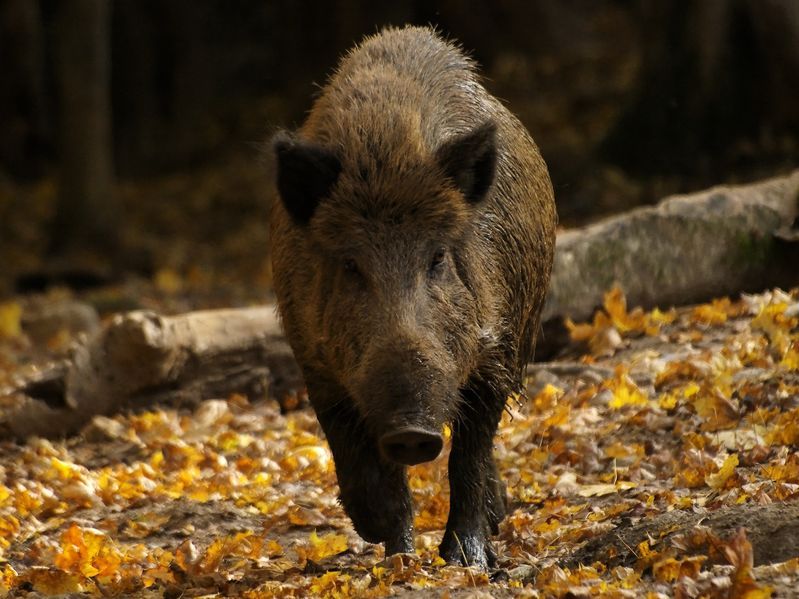
A new vaccine developed by scientists can immunise wild boar against African Swine Fever, a disease which is currently threatening 55 pig-producing countries.
The deadly, highly-contagious disease is ravaging parts of Europe and Asia including Vietnam and the world's biggest pig producer, China.
But scientists have now demonstrated that oral immunisation of wild boar conferred 92% protection against a highly pathogenic strain of ASF.
Published in Frontiers in Veterinary Science, researchers also provide evidence that this immunity can be passed on via contact with immunised wild boars, but further studies are needed to examine exactly how this occurs, as well as the safety of repeated administration.
“African swine fever is of enormous concern to the pig industry,” says Dr. Jose Angel Barasona, a researcher at the VISAVET Health Surveillance Centre and co-author of this research.
“Our study demonstrates the effectiveness of the first oral vaccine against this disease on Eurasian wild boar.”
The complex nature of the ASF virus, gaps in knowledge concerning infection and immunity, as well as technical difficulties, have hindered vaccine development.
But in 2017, a wild boar in Latvia provided a breakthrough. “Serum from a wild boar hunted in Rietumpieriga, Latvia, was confirmed as African Swine Fever Virus positive at the EU reference laboratory in Madrid, Spain,” Barasona adds.
“This was a weakly virulent strain of the disease, which enabled us to produce a live vaccine. When we inoculated wild boar in our laboratories with this live strain, they showed no symptoms of this disease but produced antibodies against the virus, ultimately giving them protection against the more dangerous form.”
When tested, as well as proving its effectiveness against one of the most dangerous strains of African swine fever, it revealed an additional capability to immunise other wild boar through contact with orally vaccinated animals.
“The 'shedding' of this vaccine might help amplify vaccination coverage, reducing the need for expensive production and large-scale administration of vaccine in the field,” explains Barasona.
This vaccine, which would be administered in bait to the wild animals, represents considerable progress in the control of African Swine Fever in the wild and, subsequently, at the domestic/wildlife interface.
However, Barasona cautions more research is needed before it can be used widely.
“If the safety of the vaccine can be established, then it may help mitigate the uncontrolled spread of African Swine Fever across Europe and Asia, like the success so far in halting the spread of Classical Swine Fever.
“Future studies should examine the vaccine's safety following repeated administration, the process of 'shedding', and its genetic stability during passage from one animal to another,” he says.
Earlier this year, the government confirmed that there is a 20% chance of African swine fever reaching the UK's pig population.
Whilst the UK is currently ASF-free, around 2,000 wild boars inhabit the Forest of Dean in Gloucestershire, a figure which the National Pig Association (NPA) calls 'way above levels considered to be sustainable'.
